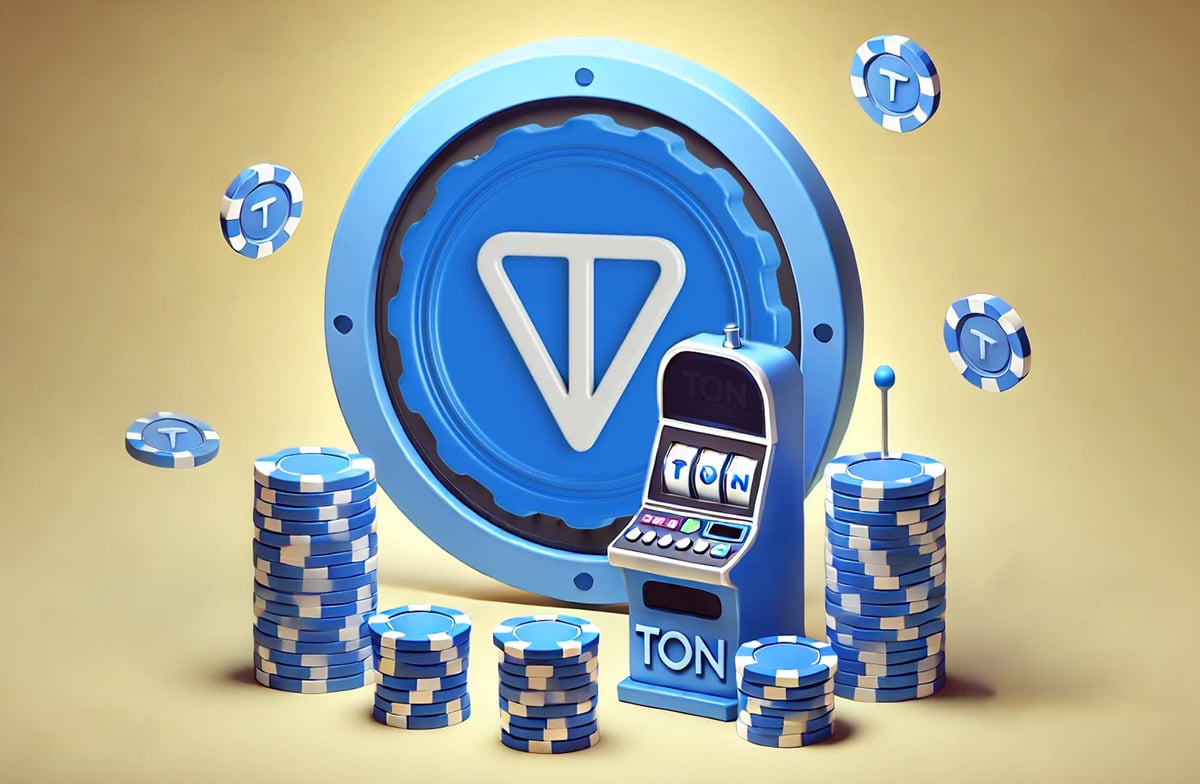The glitzy allure of casinos is undeniable. With their bright neon lights, clinking coins, and the tantalizing sounds of slot machines, they attract millions of visitors looking for a chance to strike it rich. Yet, behind the shimmering façade of jackpot casinos lies a complex system designed not just to entertain, but to manage the odds and ensure profitability. Understanding how these odds are calculated and maintained offers a fascinating glimpse into the world of gaming operations.
The Mathematics of Chance
At the core of every casino’s operation is the intricate mathematics that defines the odds of each game. Whether it’s the spinning reels of a slot machine, the roll of dice in craps, or the draw of cards in poker, mathematicians and game designers carefully craft the probabilities involved.
House Edge
One primary concept that underpins casino odds is the "house edge." This refers to the percentage of each bet that the casino expects to keep over the long term. For example, in a game of roulette, the presence of the zero (and double zero in American roulette) gives the house a built-in advantage. Though players may win sporadically, the odds are ultimately stacked in favor of the casino.
Random Number Generators
For slot machines and many electronic games, randomness is crucial. Modern casinos utilize Random Number Generators (RNGs) to ensure that each spin, roll, or deal is completely unpredictable. These algorithms generate thousands of random numbers per second, guaranteeing fairness and randomness that players can depend on. The outcome of each game is thus not just a matter of luck, but a controlled system that aligns with the desired odds set by the casino.
Setting the Odds
While randomness plays a significant role, casinos also have the ability to adjust the odds based on desired payouts. Each game has a theoretical Return to Player (RTP) percentage, which represents the average amount a player can expect to win back from their wagers over time. For instance, a slot machine with an RTP of 95% means that, theoretically, the machine will return $95 for every $100 wagered.
Fine-tuning the Games
To maintain their profitability, casinos regularly analyze player behavior and adjust game parameters accordingly. For example, if a particular slot machine is paying out more than expected, it might be recalibrated to reduce its RTP (while still remaining compliant with local gambling regulations). Additionally, during peak times or special events, casinos may introduce promotions or adjust odds temporarily to attract more players.
The Psychological Play
Understanding the psychological factors at play also influences how odds are managed. Casinos are designed to create a stimulating environment that encourages players to gamble more. By manipulating factors like lighting, layout, and sounds, they can increase the amount of time players spend at a game, amplifying their chances of losing, even when odds seem favorable.
Loyalty Programs and Incentives
Reward systems, such as loyalty programs, provide players with the illusion of advantageous odds. By offering free play credits, meals, or even hotel stays, casinos can retain customers longer and entice them to bet more. This strategic approach does not change the fundamental odds but enhances the overall experience, keeping players coming back for more.
The Role of Regulation
In many jurisdictions, the operation of casinos is highly regulated to maintain transparency and fairness. Casinos must generally adhere to standards put forth by gaming commissions that oversee fair play practices. These regulations can dictate the minimum RTP for certain games, ensuring that casinos cannot exploit players excessively.
Conclusion
Understanding how jackpot casinos manage their odds offers a unique insight into the balancing act between entertainment and profitability. From the mathematics behind house edges and RNGs to the psychological manipulation of environments and experiences, every aspect is meticulously crafted to create a profitable, yet captivating gaming atmosphere.
For players, this knowledge can serve as a double-edged sword: while it allows for a more informed approach to gambling, it also emphasizes the importance of responsible gaming. As the industry continues to evolve with advancements in technology and shifts in player behavior, one thing remains clear: the world of jackpots and odds will forever be intertwined in a sophisticated dance between risk and reward.



